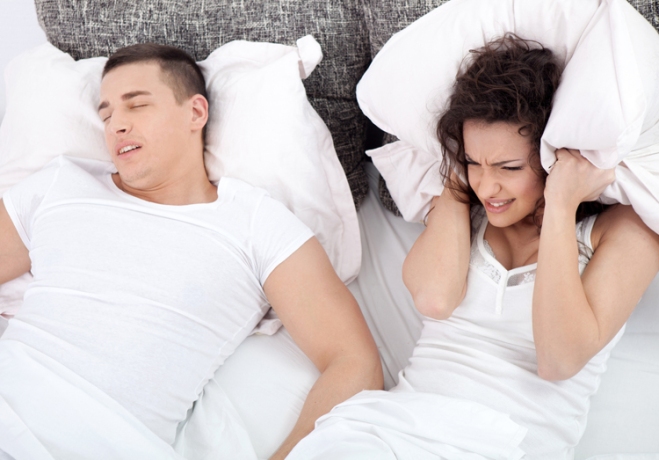
Many patients are surprised to hear that a dental professional can see the early signs of sleep apnea sooner than a medical doctor. A large percentage of the ten-million people suffering from sleep apnea first learn that they have symptoms of the disorder from their dentist.
Our dentist is a highly trained sleep apnea dentist in San Francisco who has spent many years helping patients who are robbed of their sleep and oral health by the disorder. A well-trained dentist such as our dentist is able to spot even subtle signs of dental damage that comes from sleep apnea.
Here are the most common dental problems caused by sleep apnea.
• Dry Mouth- While dry mouth seems like an uncomfortable inconvenience than a serious issue, it often leads to other, more severe dental problems. Dry mouth occurs along with sleep apnea because patients with the disorder are typically mouth breathers while they are sleeping. When there is not enough saliva present in your mouth, bacteria grow and multiply, unchecked. Excessive bacteria are a cause of many dental problems including gum disease.
• Teeth Grinding- Formally known as bruxism, repeated grinding of your teeth while you are asleep is symptomatic of sleep apnea and can wreak havoc on your oral health. Sleep apnea patients often experience bruxism because it is the brain’s way of attempting to wake the patient so that they breathe normally. We see patients with sleep apnea experience cracked teeth, tooth enamel that is worn away, waking up with headaches, stiff necks, and jaw pain because of bruxism.
• Temporomandibular Joint Disorder- This painful ailment is often a result of ongoing sleep apnea. The joint experiences excessive wear because of the long-term teeth grinding associated with sleep apnea. After exposure to extreme pressure from bruxism over a period of time, a patient’s temporomandibular joint suffers from inflammation and dislocation. The pain is severe and successful treatment takes time.
If you believe that you experience sleep apnea, talk with our dentist for helpful suggestions along with a thorough examination.
